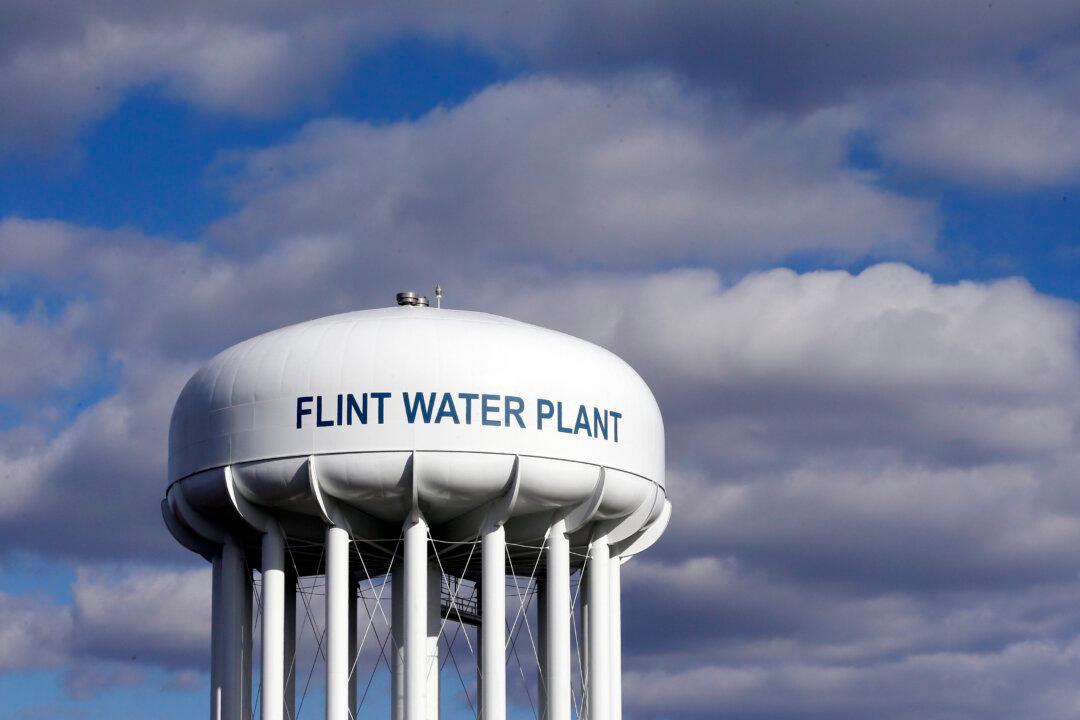The Supreme Court on Jan. 21 allowed residents of Flint, Michigan, to pursue a lawsuit that accuses city and government officials of allowing the lead contamination of the city’s water supply.
The justices declined two appeals filed by the Michigan Department of Environmental Quality and Flint regulators that pushed the 6th U.S. Circuit Court of Appeals to review a ruling that allowed cases emerging from the 2014 Flint water crisis to move forward.





